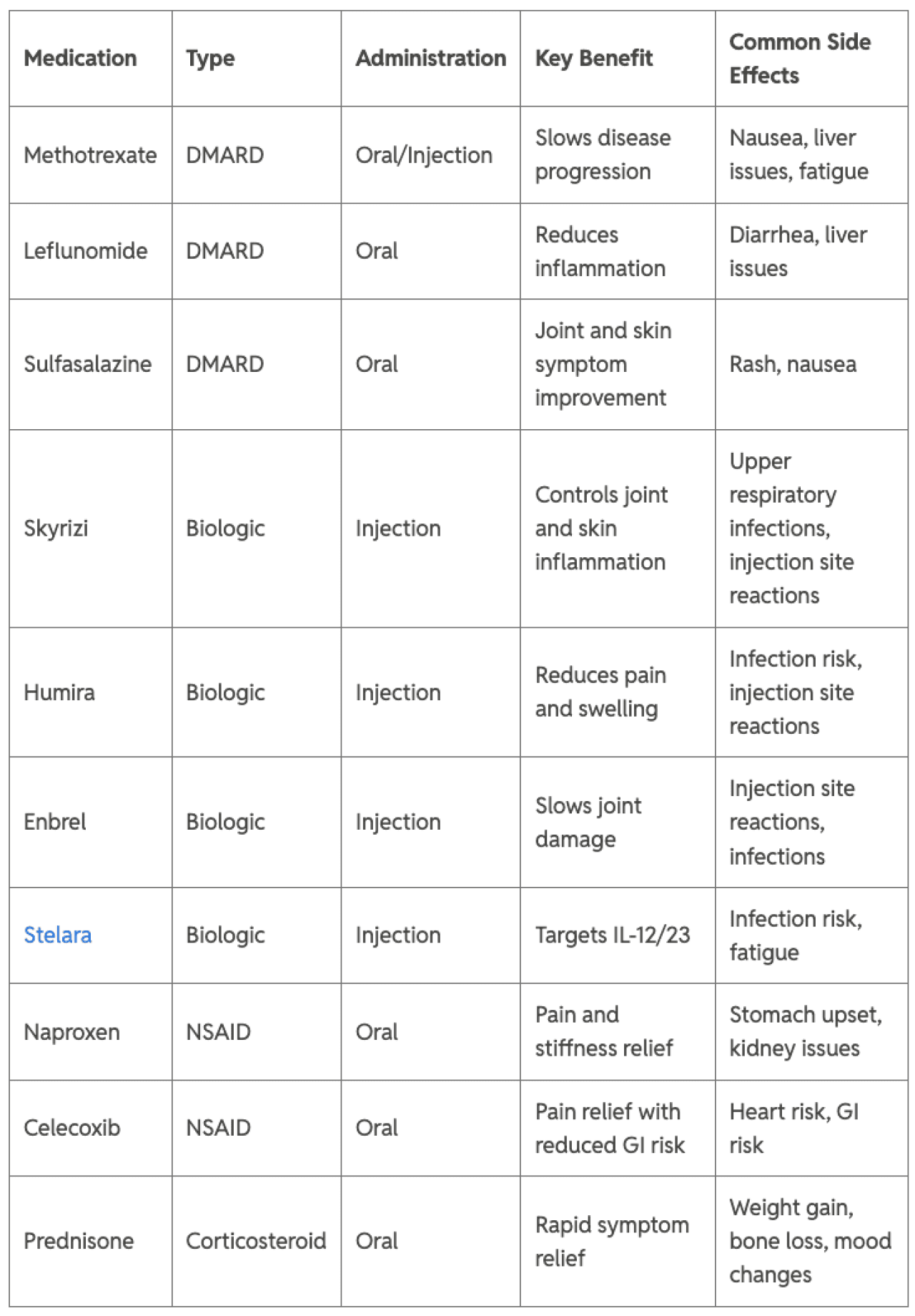From miragenews.com
Approximately 20 to 30 percent of all people who suffer from psoriasis also develop painful inflammation in their joints over time. If left untreated, this condition known as psoriatic arthritis can lead to permanent damage to bones and joints. Until now, it was a mystery why the disease progressed this way in some patients and not in others. A team of researchers from the Department of Medicine 3 – Rheumatology and Immunology at Uniklinikum Erlangen, Friedrich-Alexander-Universität Erlangen-Nürnberg (FAU), have now discovered which cells migrate from the skin of psoriasis patients to the joints and how they trigger inflammation there. These findings pave the way for new approaches for preventing psoriatic arthritis before it takes hold. The team has now published their findings in Nature Immunology.*
Firstly: How inflammatory cells travel from the skin to the joints
Psoriasis triggers the production of special precursor cells from the immune system in the inflamed skin. "These cells can migrate from the skin to the bloodstream and from there to the joints," explains Dr. Simon Rauber, head of the working group at Department of Medicine 3. "It is interesting that the mere migration of immune cells into the joint is not sufficient to trigger inflammation there."
Secondly: How inflammatory cells infiltrate the joint
It is crucial to examine the processes that take place in the joint. Here, the migratory immune cells encounter connective tissue cells known as fibroblasts that are usually less than pleased to encounter these new arrivals. "The protective function of these connective tissue cells is usually considerably reduced in people who develop psoriatic arthritis," says Prof. Dr. Andreas Ramming, team leader and deputy head of department at Department of Medicine 3. "As a result, the inflammatory cells that enter the joint cannot be brought into check, and go on to trigger an inflammatory reaction in the joint." The results provide an explanation for why some psoriasis patients go on to develop joint disease as well.
Early detection and prevention before the disease affects the joints
As the migratory immune cells can already be detected in the blood before triggering inflammation in the joints, this could act as an early warning signal in future, allowing patients at risk to be identified in time. In future, treatment strategies could be aimed specifically at intercepting these inflammatory cells and preventing them from triggering inflammation in the joints.
The research is being funded by the German Research Foundation (DFG) within the framework of the CRC/TRR 369 – "DIONE: Degeneration of bone due to inflammation", by the European Research Council (ERC) as part of the project "Barrier Break", and by the Interdisciplinary Center for Clinical Research in Erlangen (IZKF) as part of the project "Tissue imprinting of skin-derived immune cells in psoriatic arthritis"
https://www.miragenews.com/how-psoriasis-affects-joints-1601960/




